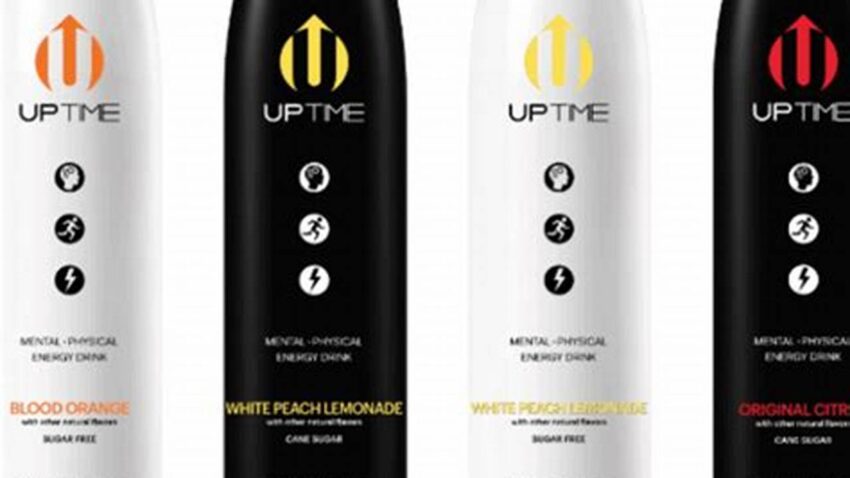The intersection of energy drink inquiries and Linux user guides might seem unusual, but it represents a specific informational need. Someone searching for “Who Owns Uptime Energy Drink? Linux User’s Guide” is likely a Linux user seeking information about the ownership of Uptime Energy while working within a Linux environment. This could be due to a variety of reasons, from simple curiosity to a desire to support specific companies or investigate ethical sourcing. Understanding this connection helps tailor information delivery effectively.
Targeted Information Access
Providing clear and concise ownership information about Uptime Energy Drink directly addresses the user’s primary query.
Relevance to the Linux User
Contextualizing the information within the Linux ecosystem acknowledges the user’s technical background and potential preferences for information sources.
Potential for Community Engagement
This query could indicate interest in discussions among Linux users regarding product choices, ethical consumption, or even open-source alternatives.
Enhanced Search Precision
Using specific keywords increases the likelihood of delivering the precise information sought, reducing search time and frustration.
Understanding User Motivation
Analyzing search terms provides insights into user motivations and informational needs, allowing for more effective content creation.
Improved User Experience
Delivering relevant results directly improves the user’s search experience, fostering satisfaction and encouraging further engagement.
Data-Driven Content Strategy
Understanding search patterns allows for a data-driven approach to content creation, ensuring relevance and maximizing reach.
Opportunity for Niche Content
This specific query highlights an opportunity to create niche content catering to the intersection of Linux users and consumer product inquiries.
Tips for Effective Information Delivery
Present ownership details clearly and concisely, avoiding technical jargon unrelated to the query.
Consider linking to official sources or reputable business directories for verification.
If possible, offer context relevant to ethical sourcing or sustainability, as this may be a concern for some Linux users.
Maintain a professional and neutral tone, avoiding any promotional language or endorsements.
Who manufactures Uptime Energy Drink?
This information would need to be researched and provided based on current data. Cite credible sources if possible.
Where is Uptime Energy Drink headquartered?
This information would also require research and citation of reliable sources.
Is Uptime Energy Drink ethically sourced?
Information regarding ethical sourcing practices would need to be researched and presented objectively, citing sources where available.
Are there open-source alternatives to Uptime Energy Drink?
While unlikely, addressing this question acknowledges the user’s Linux background and potential interest in open-source products. It could also be an opportunity to discuss DIY energy drink recipes.
Where can I buy Uptime Energy Drink?
Providing links to online retailers or store locators would be helpful.
What are the ingredients in Uptime Energy Drink?
This information should be sourced from the product’s official website or packaging.
By addressing the specific needs of Linux users seeking information on Uptime Energy Drink, content providers can create a more valuable and engaging online experience. This targeted approach fosters trust and establishes a foundation for future engagement.

